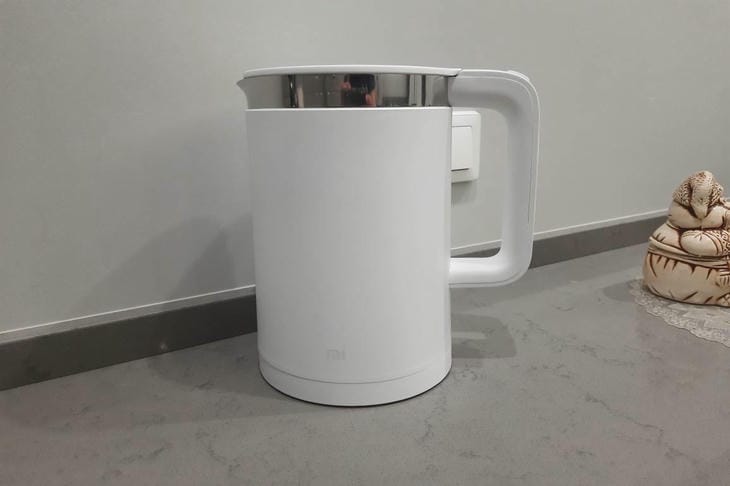This can change the taste of the water and make it less pleasant to drink.
Some experts argue that re-boiling can lead to the accumulation of harmful substances such as nitrates and fluorides, especially if the water was of poor quality to begin with.
However, for most people this does not pose a serious threat if the water was initially clean and the kettle is made of quality materials.

It is also important to consider that water that has been standing in a kettle for a long time without being used can become a breeding ground for microorganisms.
In this case, re-boiling, on the contrary, helps to destroy these microbes and make the water safe to drink.
It is worth considering that re-boiling water can affect the condition of the kettle itself.
Depending on the material it is made of, scale and mineral deposits may build up more quickly with repeated boiling.
This is especially true for stainless steel and glass teapots.
Not only does scale impair the taste of your water, it can also shorten the life of your kettle as it reduces its efficiency and can damage the heating elements.
